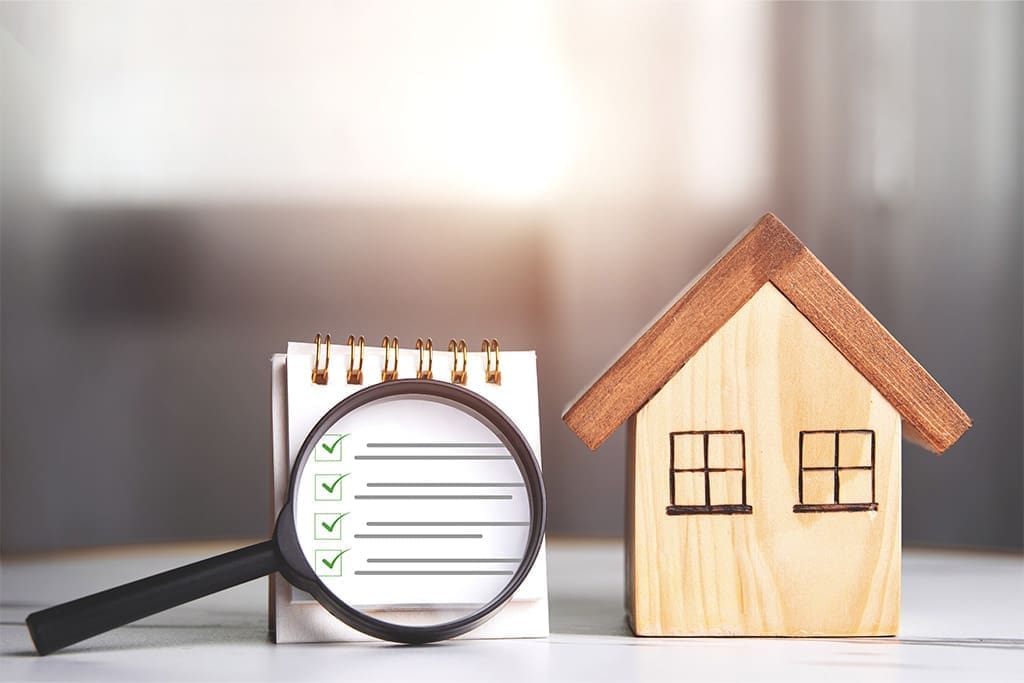
Selling your home is a major life event that can be both exciting and emotional. It’s also a big financial and logistical undertaking that requires careful planning and execution. With the help of a professional real estate agent and a comprehensive checklist, you can make the home-selling process as smooth and successful as possible.
Selling your home can be a daunting process, but with the right preparation and guidance, it can also be a rewarding experience. After all, selling your home means moving on to new opportunities and possibilities.
Home Selling – Where to Start
To begin, you’ll want to find a trusted real estate agent who has experience in your local market. They will serve as your guide throughout the entire selling process and will help you set a realistic price for your home based on current market conditions. They can also offer valuable insights and tips to help make your home more attractive to potential buyers.
Once you’ve found an agent, it’s important to prepare your home for sale. This includes decluttering, staging, and making any necessary repairs or updates. A well-maintained and visually appealing home will make a positive impression on potential buyers and increase the chances of a quick sale.
In addition to preparing your physical space, it’s also important to have all necessary paperwork in order. This includes property records, mortgage documents, and any other relevant paperwork that may be required for the sale. Having these documents organized and easily accessible will save time and headaches during the negotiation and closing process.
When it comes to marketing your home, your agent will play a crucial role. They can utilize a variety of methods, such as online listings, open houses, and networking with other agents to attract potential buyers. It’s important to be flexible and open to different marketing strategies to reach a wider audience.
Once you start receiving offers on your home, your agent will guide you through the negotiation process. They can provide valuable insights and help you make informed decisions when it comes to accepting or countering offers. Once a price is agreed upon, it’s important to have a thorough home inspection and be prepared for any necessary repairs or negotiations that may arise.
Finally, once all conditions are met and closing day arrives, your agent will help ensure that all necessary paperwork is completed and signed. They will also work with the buyer’s agent, if applicable, to coordinate a smooth and successful closing. Congratulations on selling your home and best of luck in your next chapter! Remember, with the right preparation and guidance, selling your home can be a positive experience leading to new opportunities.
Additional Home Selling Tips
- Prepare Your Home for Sale: You want your home to look its best when it hits the market, so it’s essential to declutter, deep clean, and stage it properly. Start by removing personal items and excess furniture to create a spacious and neutral atmosphere. Fix any visible repairs or maintenance issues and freshen up the paint if necessary. Consider hiring a professional stager to showcase your home’s best features and create an inviting ambiance that will appeal to potential buyers.
- Set the Right Price: Pricing your home correctly is crucial to attracting qualified buyers and receiving competitive offers. Your real estate agent will conduct a comparative market analysis (CMA) to evaluate your home’s value based on factors such as location, size, condition, and recent sales data. You should also consider the current market trends, seasonality, and any unique selling points that may affect your home’s value.
- Market Your Home Effectively: Once your home is ready to go on the market, you need to create a compelling listing that grabs the attention of potential buyers. Your real estate agent will take high-quality photos, write an engaging description, and showcase your home on various online and offline platforms. You can also host open houses, create virtual tours, and use social media to reach a wider audience.
- Negotiate and Accept an Offer: When you receive an offer from a buyer, you need to review and respond to it in a timely and professional manner. Your real estate agent will guide you through the negotiation process and help you evaluate the terms and conditions of the offer. You can accept, reject, or counter the offer depending on your preferences and priorities. Once you and the buyer agree on the terms, you will sign a purchase agreement and move forward with the closing process.
- Close the Sale: The final steps of the home-selling process involve completing the necessary paperwork, transferring the ownership, and receiving the payment. Your real estate agent will coordinate with the buyer’s agent, the title company, and other parties involved in the transaction to ensure a smooth and successful closing. You will also need to prepare your home for the final walk-through and transfer utilities, keys, and other items to the new owner.
Home Selling Checklist
Selling your home can be a complex and challenging process, but with the right preparation, guidance, and support, it can also be a rewarding and satisfying experience. By following this home selling checklist by The Ginther Group, you can maximize your chances of selling your home quickly, smoothly, and at the right price. If you have any questions or need more information about the home-selling process, please contact us today. We are here to help you achieve your real estate goals and make your home-selling journey as successful and stress-free as possible.





